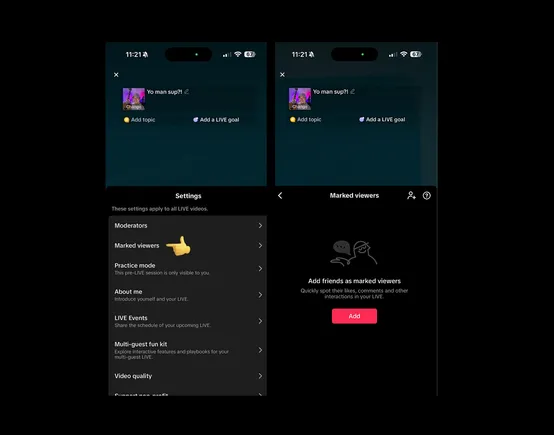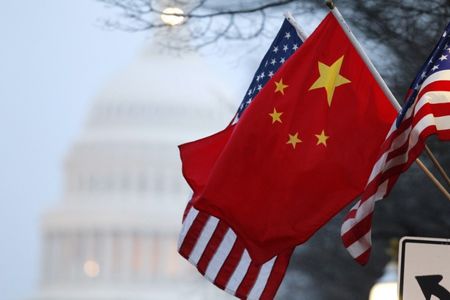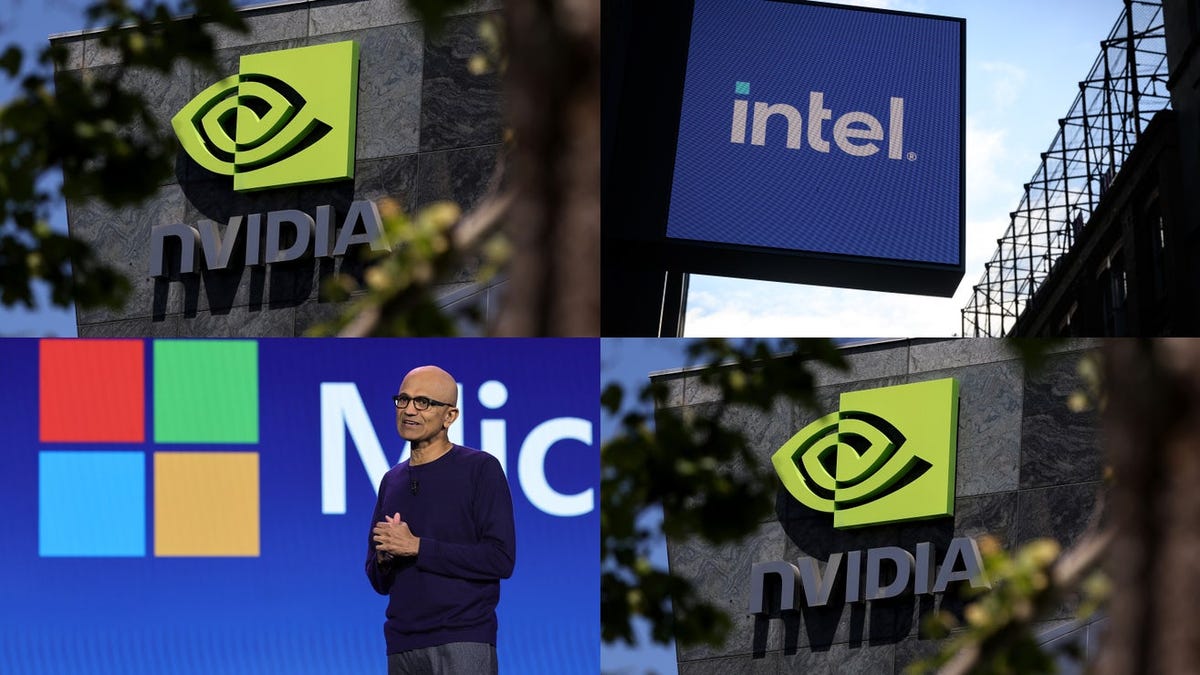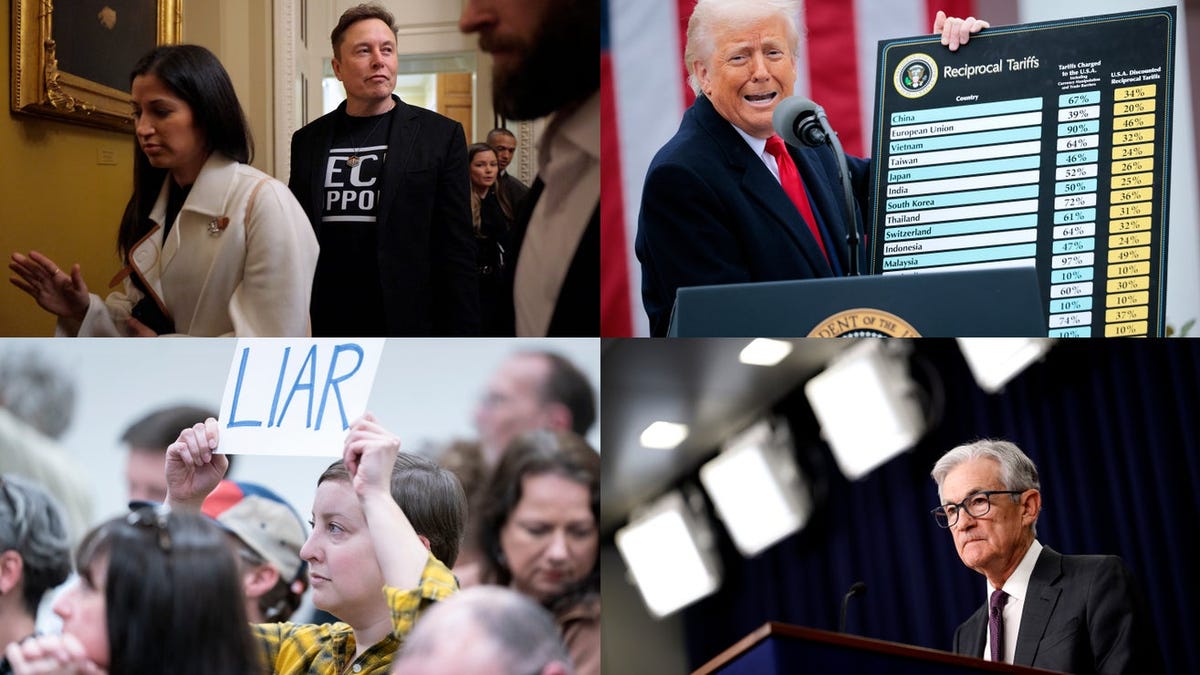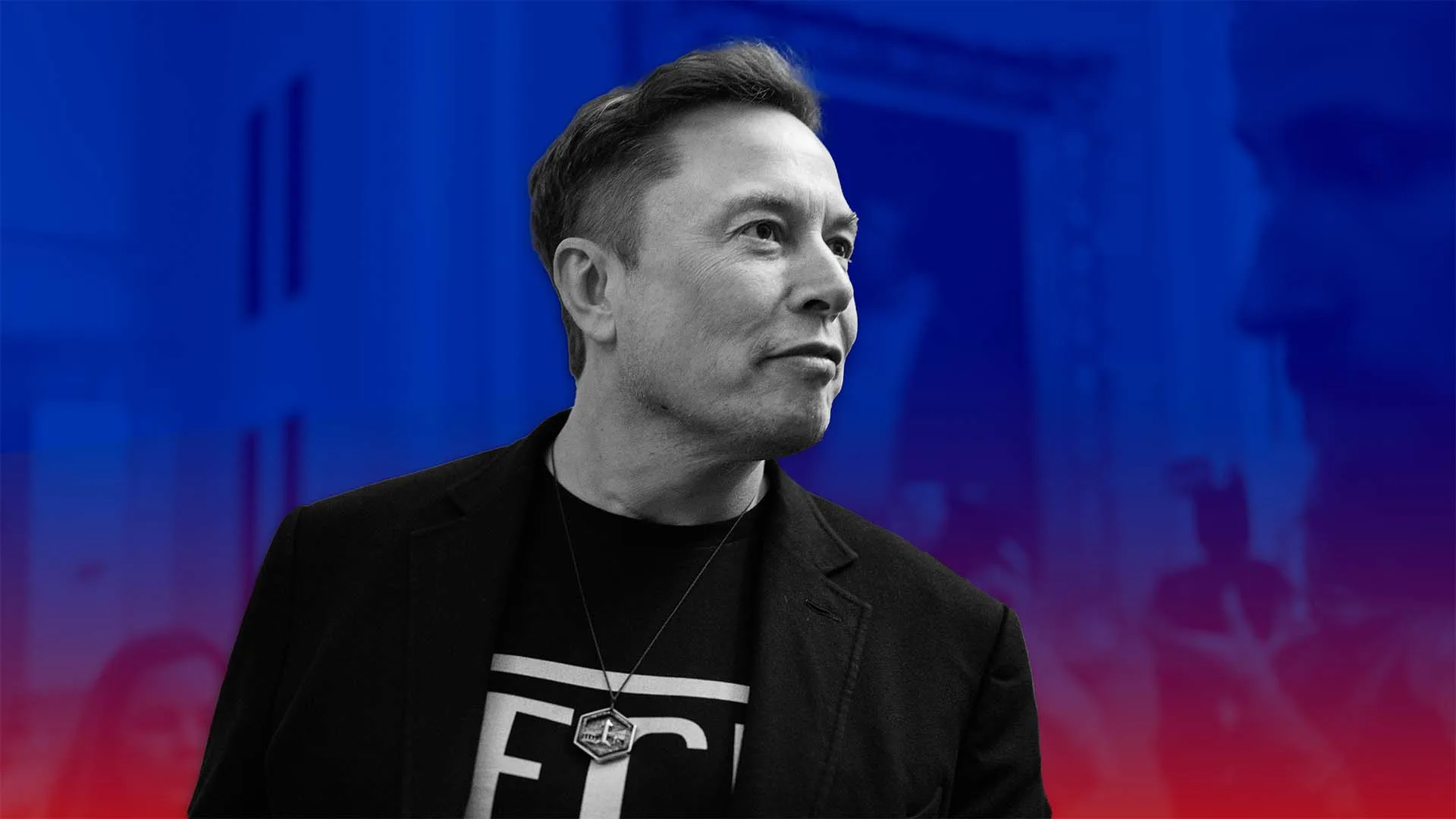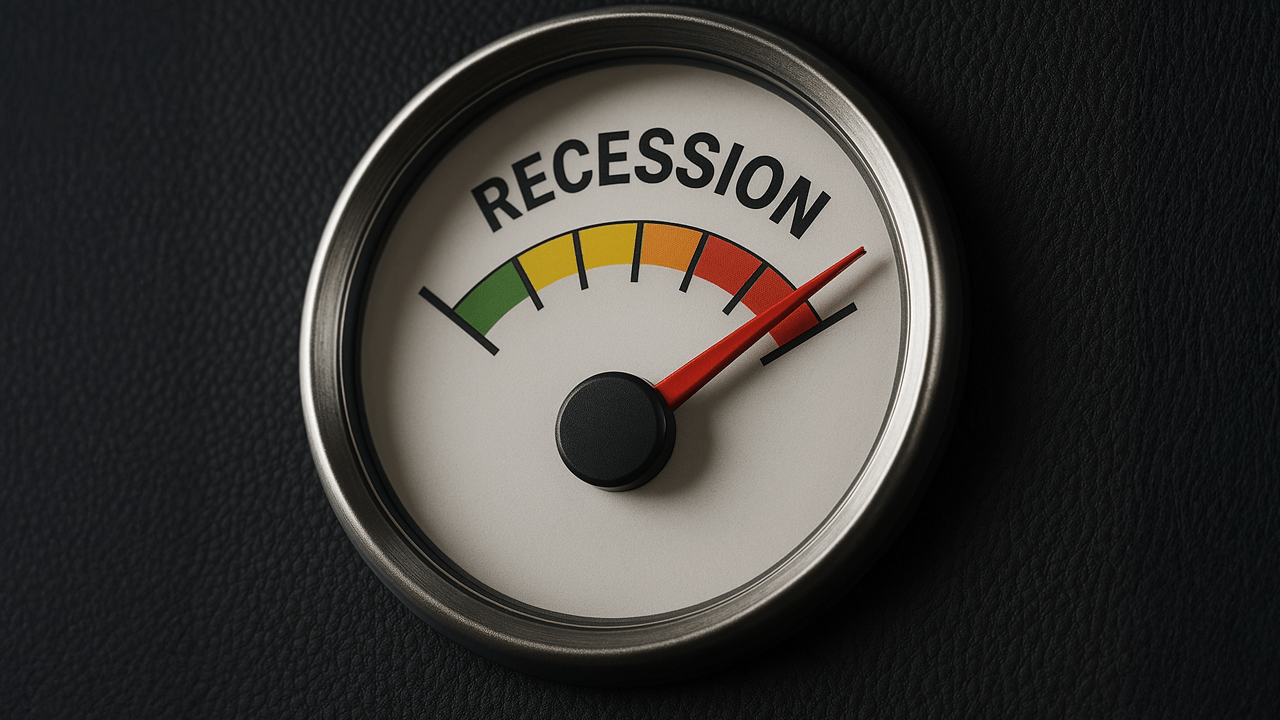How the US government can buy bitcoin right now…
If the U.S. government wanted to acquire Bitcoin without direct taxpayer funding and in a way that might be legally valid, it could explore the following methods: ⸻ Using Seized Bitcoin More Strategically How? • Instead of auctioning seized Bitcoin (as the U.S. Marshals Service typically does), the government could transfer these assets to a separate government-controlled wallet and label them as “strategic reserves” or “contingency holdings.” • The government could then leverage these holdings through DeFi lending platforms or private agreements to acquire additional Bitcoin via yield farming. Why It’s Questionable? • While legally permissible, it would blur the lines between asset forfeiture and active portfolio management. • It could raise ethical and transparency concerns regarding whether the government should be engaging in speculative asset holding. ⸻ Using Black Budget Funds from Intelligence Agencies How? • The U.S. intelligence community operates a classified “black budget” (estimated at over $80 billion annually). • Agencies like the CIA or NSA could allocate a portion of these funds to purchase Bitcoin through intermediaries. • The acquired Bitcoin could then be used for off-the-books operations, funding informants, or cyber-related activities. Why It’s Questionable? • Black budgets are highly secretive and lack congressional oversight. • If exposed, it could lead to political backlash over government involvement in speculative assets. ⸻ Federal Reserve or Treasury Engaging in Bitcoin Swaps via Private Institutions How? • The Federal Reserve or U.S. Treasury could enter into private agreements with financial institutions (like major banks, hedge funds, or even crypto firms). • These entities could acquire Bitcoin on behalf of the government in exchange for certain off-balance-sheet financial instruments. • Instead of outright purchasing Bitcoin, the government could receive Bitcoin as collateral for lending operations. Why It’s Questionable? • It circumvents traditional monetary oversight. • It would likely face resistance from lawmakers if uncovered, as it indirectly places government funds into crypto markets. ⸻ Military or Cybersecurity Agencies Mining Bitcoin How? • The U.S. Department of Defense (DoD) or NSA could leverage their extensive cyber infrastructure to set up Bitcoin mining operations. • The mined Bitcoin could be stored in classified digital wallets under the guise of “national security interests.” • The government has extensive cheap energy access (nuclear, geothermal, etc.), making mining cost-effective. Why It’s Questionable? • It would be seen as state-sponsored Bitcoin accumulation without public disclosure. • Mining at scale could distort global Bitcoin dynamics if ever exposed. ⸻ Partnering with Sovereign Wealth Funds or Friendly Governments for Proxy Buying How? • The U.S. could encourage allies (e.g., Saudi Arabia, UAE, Japan, UK, or Taiwan) to purchase Bitcoin on its behalf using sovereign wealth funds. • A formal or informal arrangement could allow the U.S. to receive Bitcoin in exchange for defense contracts, technology sharing, or debt restructuring deals. Why It’s Questionable? • This would make the U.S. an indirect Bitcoin holder, masking ownership. • If discovered, it could spark geopolitical controversy, particularly with China and the EU, who may view it as market manipulation. ⸻ submitted by /u/Proc-000 [link] [comments]
If the U.S. government wanted to acquire Bitcoin without direct taxpayer funding and in a way that might be legally valid, it could explore the following methods:
⸻
- Using Seized Bitcoin More Strategically
How? • Instead of auctioning seized Bitcoin (as the U.S. Marshals Service typically does), the government could transfer these assets to a separate government-controlled wallet and label them as “strategic reserves” or “contingency holdings.” • The government could then leverage these holdings through DeFi lending platforms or private agreements to acquire additional Bitcoin via yield farming.
Why It’s Questionable? • While legally permissible, it would blur the lines between asset forfeiture and active portfolio management. • It could raise ethical and transparency concerns regarding whether the government should be engaging in speculative asset holding.
⸻
- Using Black Budget Funds from Intelligence Agencies
How? • The U.S. intelligence community operates a classified “black budget” (estimated at over $80 billion annually). • Agencies like the CIA or NSA could allocate a portion of these funds to purchase Bitcoin through intermediaries. • The acquired Bitcoin could then be used for off-the-books operations, funding informants, or cyber-related activities.
Why It’s Questionable? • Black budgets are highly secretive and lack congressional oversight. • If exposed, it could lead to political backlash over government involvement in speculative assets.
⸻
- Federal Reserve or Treasury Engaging in Bitcoin Swaps via Private Institutions
How? • The Federal Reserve or U.S. Treasury could enter into private agreements with financial institutions (like major banks, hedge funds, or even crypto firms). • These entities could acquire Bitcoin on behalf of the government in exchange for certain off-balance-sheet financial instruments. • Instead of outright purchasing Bitcoin, the government could receive Bitcoin as collateral for lending operations.
Why It’s Questionable? • It circumvents traditional monetary oversight. • It would likely face resistance from lawmakers if uncovered, as it indirectly places government funds into crypto markets.
⸻
- Military or Cybersecurity Agencies Mining Bitcoin
How? • The U.S. Department of Defense (DoD) or NSA could leverage their extensive cyber infrastructure to set up Bitcoin mining operations. • The mined Bitcoin could be stored in classified digital wallets under the guise of “national security interests.” • The government has extensive cheap energy access (nuclear, geothermal, etc.), making mining cost-effective.
Why It’s Questionable? • It would be seen as state-sponsored Bitcoin accumulation without public disclosure. • Mining at scale could distort global Bitcoin dynamics if ever exposed.
⸻
- Partnering with Sovereign Wealth Funds or Friendly Governments for Proxy Buying
How? • The U.S. could encourage allies (e.g., Saudi Arabia, UAE, Japan, UK, or Taiwan) to purchase Bitcoin on its behalf using sovereign wealth funds. • A formal or informal arrangement could allow the U.S. to receive Bitcoin in exchange for defense contracts, technology sharing, or debt restructuring deals.
Why It’s Questionable? • This would make the U.S. an indirect Bitcoin holder, masking ownership. • If discovered, it could spark geopolitical controversy, particularly with China and the EU, who may view it as market manipulation.
⸻
[link] [comments]



![How to Find Low-Competition Keywords with Semrush [Super Easy]](https://static.semrush.com/blog/uploads/media/73/62/7362f16fb9e460b6d58ccc09b4a048b6/how-to-find-low-competition-keywords-sm.png)
